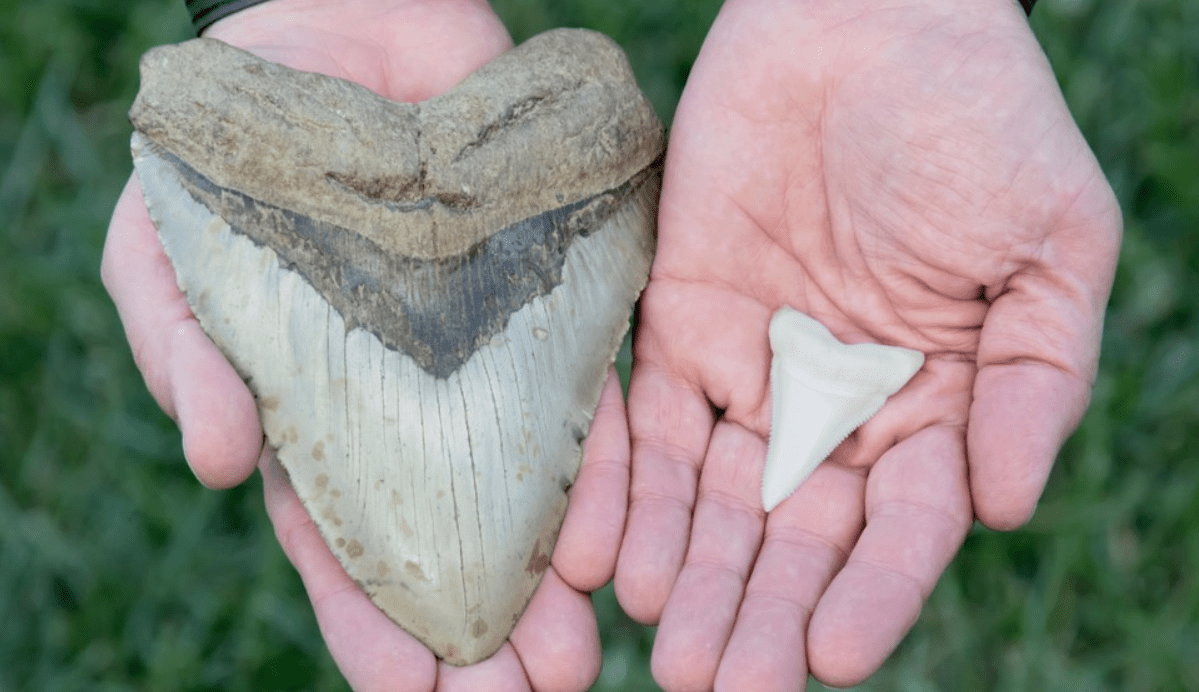According to recent research, the megalodon shark was the fastest shark ever. It was also so massive that it could easily swallow an orca in just a few bites!
Now, scientists get the best look yet at the size, speed, and food of the so-called ‘superpredator” thanks to a 3D model based on data gathered from preserved teeth and vertebrae. More about the discovery and the megalodon’s background below.
Insights
In the latest study, measurements from a pair of teeth discovered in the US and an incredibly well-preserved spinal part found in Belgium were used to build a rough sketch of the Megalodon’s skeleton. That’s neat!
What’s more intriguing is that the scientists developed some great techniques for finding more data. For example, they filled in the blanks and calculated how much soft tissue would have been around Megalodon’s bones via body scans of a Great White Shark. Next, the scientists integrated the data to produce a digitally recreated 3D Megalodon.
Such results are helpful for researchers to peek into the superpredator’s life.
We estimated that an adult O.megalodon could cruise at faster absolute speeds than any shark species today and fully consume prey the size of modern apex predators,” stated the scientists.
What Does the 3D Model Show?
Based on the model, the Megalodon had an estimated mass of 67.9 tons, similar to 10 African elephants. The 3D model also unveiled that depending on how wide it expanded its jaw, the superpredator’s mouth was most likely around 5.6 feet wide, and its bite was between 3.9 and 5.9 feet.
Take a look at the photo below to see Megalodon’s tooth (on the left):

Other Results
Finally, the scientists calculated the Megalodon’s size and mass before comparing it to up to 28 kinds of now-alive sharks. The procedure was useful to determine how rapidly it might swim.
The results indicated that the Megalodon could hypothetically move faster than any extant shark. Its average speed would be around 3.1 mph. Unfortunately, there are no details about the animal’s top speed.
The recent study concluded that the superpredator would have had enough energy after consuming an orca for at least two months or maybe longer.












Leave a Reply